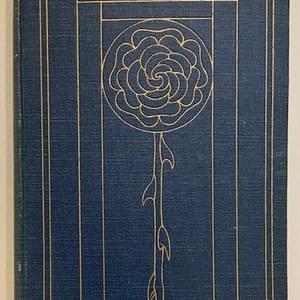
Anima Hominis (Chap.3) William Butler Yeats
На этой странице вы найдете полный текст песни "Anima Hominis (Chap.3)" от William Butler Yeats. Lyrxo предлагает вам самый полный и точный текст этой композиции без лишних отвлекающих факторов. Узнайте все куплеты и припев, чтобы лучше понять любимую песню и насладиться ею в полной мере. Идеально для фанатов и всех, кто ценит качественную музыку.

When I think of any great poetical writer of the past (a realist is an historian and obscures the cleavage by the record of his eyes)[Pg 24] I comprehend, if I know the lineaments of his life, that the work is the man’s flight from his entire horoscope, his blind struggle in the network of the stars. William Morris, a happy, busy, most irascible man, described dim colour and pensive emotion, following, beyond any man of his time, an indolent muse; while Savage Landor topped us all in calm nobility when the pen was in his hand, as in the daily violence of his passion when he had laid it down. He had in his Imaginary Conversations reminded us, as it were, that the Venus de Milo is a stone, and yet he wrote when the copies did not come from the printer as soon as he expected: “I have ... had the resolution to tear in pieces all my sketches and projects and to forswear all future undertakings. I have tried to sleep away my time and pass two-thirds of the twenty-four hours in bed. I may speak[Pg 25] of myself as a dead man.” I imagine Keats to have been born with that thirst for luxury common to many at the outsetting of the Romantic Movement, and not able, like wealthy Beckford, to slake it with beautiful and strange objects. It drove him to imaginary delights; ignorant, poor, and in poor health, and not perfectly well-bred, he knew himself driven from tangible luxury; meeting Shelley, he was resentful and suspicious because he, as Leigh Hunt recalls, “being a little too sensitive on the score of his origin, felt inclined to see in every man of birth his natural enemy.”
Комментарии (0)
Минимальная длина комментария — 50 символов.












